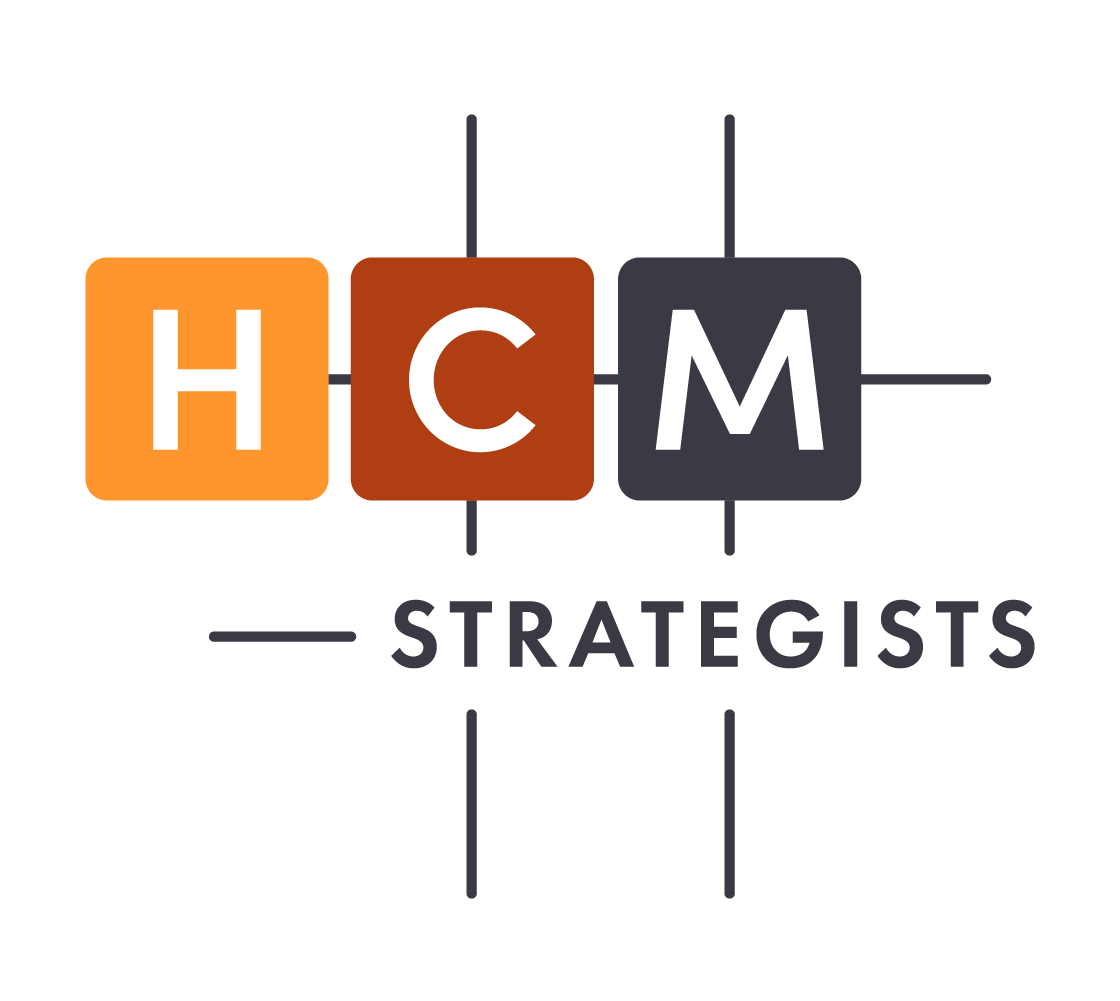How Institutions Can Increase Social Mobility for Key Populations through Strategic Data Use
The Higher Ed Equity Network commissioned HCM Strategists to produce this case study. HCM Strategists is a support partner of the collective impact network that brings together organizations and leaders with a wide array of expertise and a deep commitment to creating a more just higher education system that connects Black, Latino/a/x, and Indigenous students with jobs, equitable wages, and opportunities for career advancement.
The Case for Equitable Strategic Data in Higher Education
For most, postsecondary attainment leads to higher wages and remains one of the most secure pathways to financial stability. However, there are significant disparities in career and economic outcomes, especially for Black, Latino/a/x, and Indigenous Americans. Even as America’s population grows more diverse, these gaps persist — threatening not only the social and economic welfare of racial and ethnic minoritized citizens and their families but the viability of America’s economy overall. Without concerted efforts, inequities will only continue to grow. Simply put, our economy cannot thrive unless all individuals have access to pathways that lead to better economic opportunities and social mobility.
Higher education institutions have a unique responsibility and opportunity to level the playing field. A college degree significantly improves one’s earning potential and employment opportunities. In fact, bachelor’s degree earners on average make $1.2 million in additional earnings over their lifetime compared to their peers who have only a high school degree. Similarly, a study by the U.S. Department of Education’s National Center for Education Statistics shows higher educational attainment overall leads to higher median earnings. More specifically, in 2021 the median earnings of associate degree holders were 13 percent higher than the median earnings of high school completers. These data affirm higher education as a driving force in creating economic mobility. This is especially true for Black, Latinx, Indigenous American learners and other students whose communities are marginalized. Yet concerningly, many racial disparities in career outcomes are rooted in long-standing institutional policies and practices that create barriers to enrollment, completion and access to high-mobility career pathways. To best serve learners, it is essential institutions commit to creating environments that provide wrap-around services that prioritize and increase learners’ success.
High-quality disaggregated data is one of the most critical tools institutions have to help illuminate barriers, create opportunities, drive decision making and inform targeted strategies. Clear, accessible, disaggregated data allows for continuous evaluation of policies and programs that support or inhibit learners’ success and allows institutions to understand student performance, progress along their path and interventions that are having the most impact. Even with such tangible benefits, establishing strong data cultures is not a consistent practice across institutions. This includes institutions that serve a large number of key populations, such as community colleges, historically Black Colleges and Universities (HBCUs), Hispanic Serving Institutions (HSIs), Minority Serving Institutions ( MSIs), regional research institutions, Native American-Serving Nontribal Institutions (NASNTI) and Tribal Colleges and Universities (TCUs).
This case study aims to bring awareness to the barriers that impede institutions’ ability to establish strong data use practices and culture while highlighting bright spots of high-impact data practices at various institution types. Equally as important, it elevates clear roles for key stakeholders to support institutions in tackling the imperative of closing economic disparities and better serving learners.

